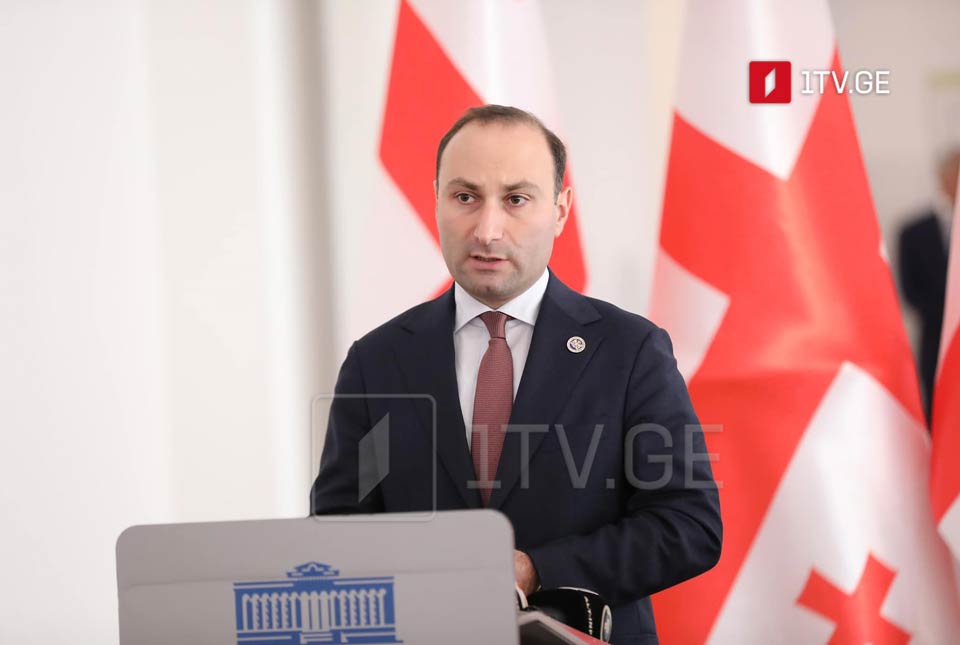Parliament backs three legislative packages regarding EU's nine-point recommendations
The Parliament on Wednesday supported three legislative packages in the third reading, stemming from the nine-point recommendations of the European Union.
The highest legislative body adopted the bill on Amendments to the Law of Georgia on the Special Investigation Service with 80 votes, the bill on Amendments to the Law of Georgia on the Fight Against Corruption with 81 votes, and the bill on Amendments to the Organic Law of Georgia on Common Courts with 79 votes.
Anri Okhanashvili, Chairman of the Legal Issues Committee, who presented the bills at the plenary session noted that the changes are mainly editorial.
“All three legislative packages relate to the nine-point plan of the EU recommendations. The amendments to the Law on the Special Investigation Service will further strengthen the legislative framework of the Special Investigation Service. The changes to the Law on the Fight Against Corruption are aimed at further strengthening anti-corruption measures at the legislative level. Significant legislative changes are also included in the Law on Common Courts, which relate to further legislative refinement of the common courts system as part of the nine-point plan”, Anri Okhanashvili stated.
The Committee Chairman urged opposition representatives to participate in the implementation of the nine-point plan.
“These are important changes related to our country’s path toward the European Union and our European integration. These issues were the subject of discussion in working groups. It took some time to form a position on these issues, and ultimately, significant changes have been presented to facilitate the implementation of the nine-point plan. Therefore, I ask for joint support from the parliamentary majority and the opposition, for those who care about our country’s European integration”, Okhanashvili addressed his colleagues.
After the voting on the bills, Speaker of Parliament Shalva Papuashvili stated that “the parliamentary majority, without the radical opposition, passed the changes important for European integration and the implementation of the nine points. Thus, the opposition did not participate in this European integration process.”

